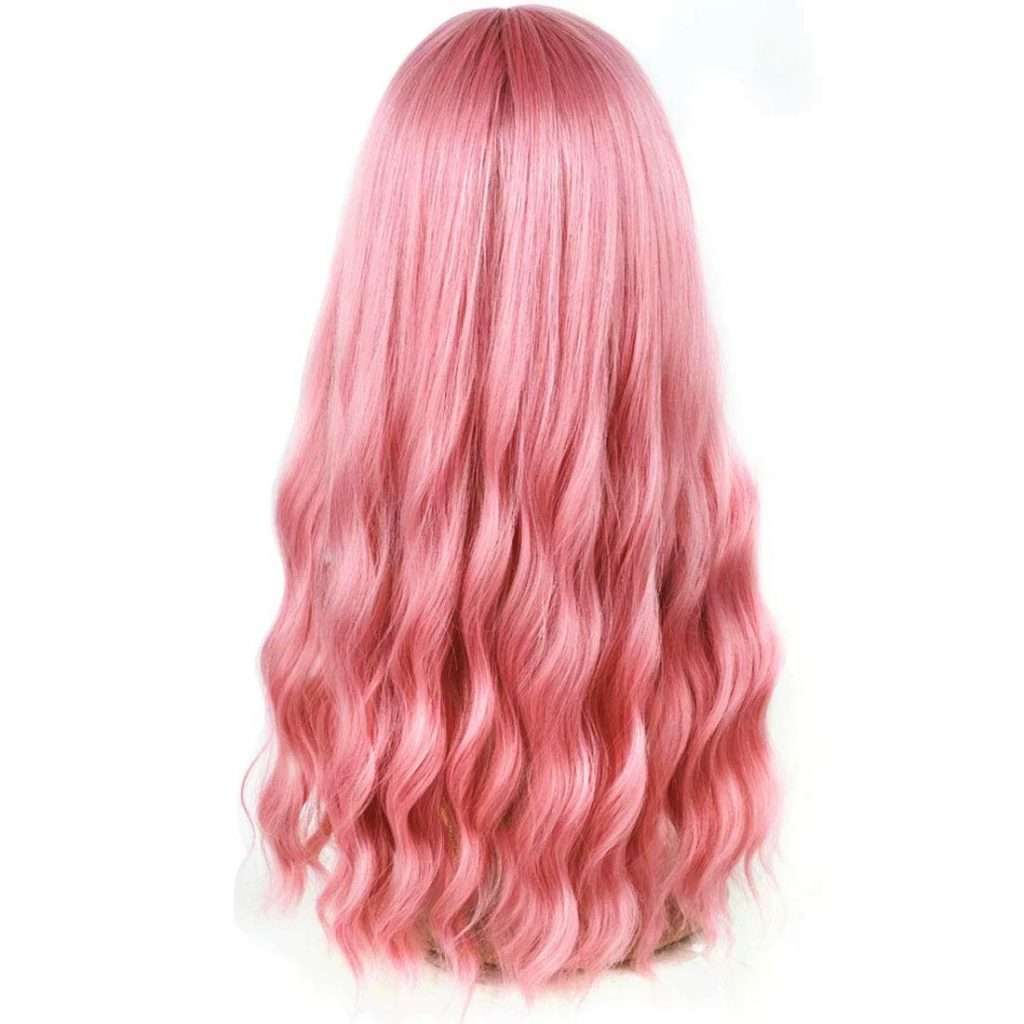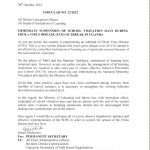By Patricia Peyot
As the world continues to grapple with effects posed by climate change, a number of products have however, been cherished yet if tackled could be one way to purify our planet. The most notable is the synthetic hair.
Since its first documentation and appearance as hair enhancement around 3400 BC in the Ancient Egypt,
the demand for synthetic hair has risen exponentially. Never has there ever been any greater desire for hair extension than in the 21st century.
According to Technavio, a global market research firm, the market witnessed a year over year growth of 10.28% by 2021 contributing to 43% of the global market growth and it is expected to dominate the market by 2026.
According to the Grand View Research, the wig segment also dominated the industry in 2021 accounting for the
largest share of more than 75.20% of the overall revenue. The segment is estimated to remain in the
lead in coming years growing at the considerable rate from 2022 to 2030.
This rapid growth of the industry has transformed lives especially on issues of beauty and cosmetics.
Synthetic hair are now available in all types, styles and fashion. They are also made available in different countries around the globe, the industry also caters for people of different social status which makes the hair even very affordable to all.
As well, they are easier to use and maintain plus, they can be reused if properly maintained.
Despite all these benefits however, the world is at a stage of being harmed because this form of hair poses environmental risks when disposed irresponsibly because it is non-biodegradable.
Most of the products that are used to manufacture synthetic hair including acrylic, polyester, polyvinyl chloride (PVC) contain plastics which hardly decompose.
Unfortunately the world is too busy with the fabulous looks it gives people to even its notice its negative effect on the planet.
According Tony Achida, an environment specialist at the National Environmental Management Authority(NEMA), although it is easier for synthetic hair to break down into the micro plastics because of its nature, if its disposal is not properly managed, it can have a lasting effect on the environment.
“They get on our water bodies easily and soil thus causing pollution,” Achida said in an interview with BBC.
Meanwhile, in a bid to protect the environment, some individuals like Juliet Tumusiime, the founder of Cheveux Organique in Uganda are opting for natural organic products including banana fibers because these are very eco-friendly.
Tumusiime who has built her brand in making hair products out of banana stem is hopeful that her colleagues in the hair industry can also adopt the same road because it leads to environment protection.
”I know our products are still s bit pricy if compared to those of synthetic but they are very eco-friendly and I think as a country we should be looking at that,” she hopes for mechanization saying this will help increase cut production costs thus reducing the price of her commodities.



